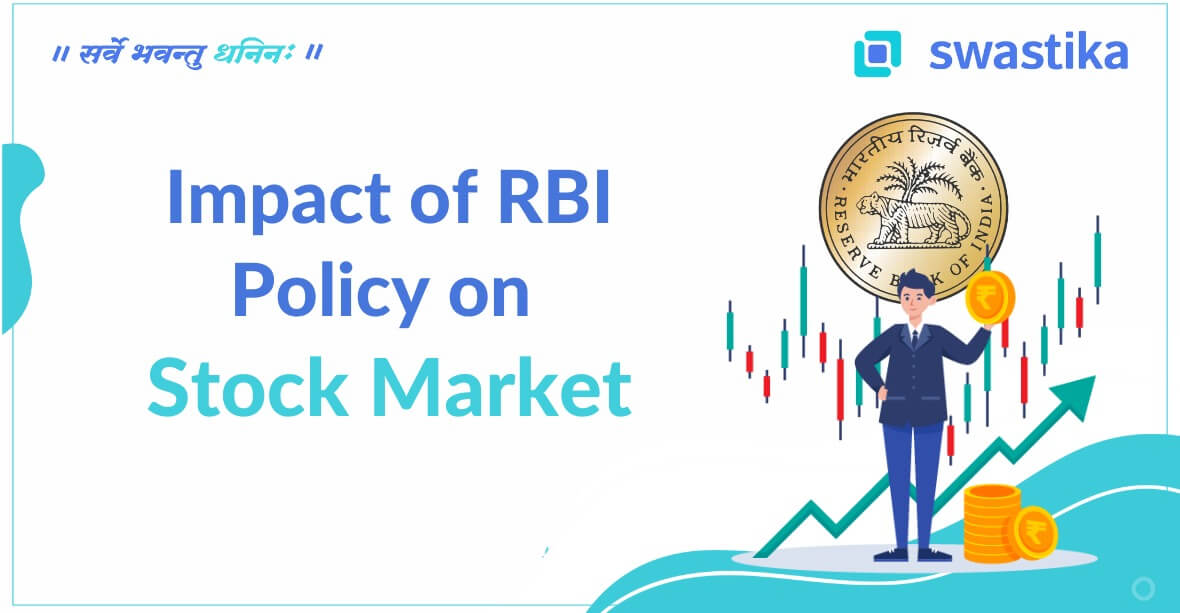ETFs have been on the investor’s radar for the past 10 years as many investors find it easy to purchase several tradable assets such as shares, debt securities, bonds and derivatives.
Since most ETFs are registered with SEBI (Security and Exchange Board of India), people feel more secure to trade in an ETF.
ETF has received global attention from FIIs and retail investors around the world because it has become an appealing option for investors with limited knowledge in the stock market.
What is ETF?
Here we will understand a brief about ETFs and how did they receive attention in India?
An exchange-traded fund is a form of mutual funds that trades like a common stock on a stock exchange. These funds keep an eye on stock indices.
When someone buys units of an ETF, he/she purchases a share of the funds that provide the return and yield of its parent index, i.e stock market indices.
It’s a common myth among people that ETFs can outperform or beat the index. This is not the case. Instead, ETFs are dependent on the index performance.
You can say that ETF strongly follows the stock exchange and hence they fluctuate throughout the day just like stocks.
Like mutual funds, an ETF also possesses units that can be bought and sold through a registered yet trusted broker of a stock exchange.
The units of an ETF are listed on a stock market and thence its NAV varies according to the stock market movements.
In India, ETFs are gaining huge popularity as the top AMC and top hedge funds have failed to outperform the stock market benchmark. Hence, investors are now finding passive ETFs is a better option for investors.
If we talk about advantage, then ETFs are cost-effective as the ETF administrative charges are 0.2% or less than it while other actively managed funds charge up to 1% fee.
How do ETFs Work?
As mentioned earlier, an ETF shares the features of both shares and mutual funds because they are traded on a stock exchange like other stocks. Hence, they can be bought and sold according to the needs during the trading period.
The price of an ETF heavily depends on the cost of the underlying asset that is present in a pool of resources. Hence, if the price of an asset goes up or down, the share price of an ETF rises in direct proportion or vice versa.
ETFs also give dividends to their customers. However, the amount of dividend a shareholder receives depends on the performance and asset management of the concerned ETF company.
ETFs can be managed both actively and passively according to the company norms. Actively managed
ETFs are managed by the portfolio managers who are the experts in the market and therefore they can better understand the market condition and mitigate the risks associated with the funds.
While passively managed ETFs follow a specific market indices trend and only invest in the companies that perform better and is listed on the charts.
Investing in ETFs gives you several benefits rather than opting for mutual funds or shares of a company.
Benefits of Investing in ETFs
Here are the benefits of investing in ETFs:
Buying shares of a company allows you to receive the limited benefit subjecting the higher risk. While investing in an ETF helps you to keep your money diversified across different sectors of a company which in turn effectively mitigate your risk.
If one asset fails to deliver the best result in an ETF, it can be recovered by the growth of other assets.
Another advantage of investing in an ETF over a mutual fund is the minimized expenses. Mutual funds charge different fees on different things such as entry or exit load, management fee, maintenance charges etc. This increase the total cost associated with the mutual fund and hence the expense ratio of mutual funds is greater than that of ETFs.
The value of a mutual fund depends on the performance of NAV and it can be bought and sold after the stock market closes.
In the case of ETF, any changes in the value of the ETF can be easily monitored and it can be bought and sold throughout the market timings.
ETFs are more tax-friendly than mutual funds. Although both the funds are subjected to capital gain tax and dividend tax, the fee charged on ETFs is less than mutual funds.
Since ETFs are passively managed, they are less riskier than mutual funds. This is because an ETF only invests in best-performing companies which are listed in a particular stock exchange, while mutual funds assess all the businesses with great potential.
This keeps mutual funds at a higher risk as new companies have a high chance of incurring a loss.
Type of ETFs available in India:
Equity ETFs:
Equity ETFs invest in equity investment.
Gold ETFs:
Gold ETFs mainly deal in commodity exchanges because these funds have physical gold assets. Hence, if someone buys units and share these funds, the company makes the investor owner of gold on paper.
Debt ETFs:
Debt ETFs consist of debt-related securities such as debentures, government securities, debentures etc.
Currency ETFs:
These funds buy currencies from different yet developed countries and receive profits from the currency fluctuations. It has to be noted that these funds are dependent on the future performance of currency that can be predicted by research analysts with specific calculations.
Shortcomings of ETF
- Brokerage Fee
As ETFs are likely traded like shares, there are numerous expenses a person has to be incurred while purchasing the units.
The whole process can be done by the fund managers who charge a minimal commission fee for the transaction.
- Stock market volatility
ETF companies listed on the stock exchange heavily depend on the indices and therefore the unit prices can fluctuate as per market trends. ETFs are a better option than mutual funds but they are not safer than government bonds. Any profit or loss a person incurred is completely based on stock market volatility.
- Diversification
As ETFs are passively managed funds, they are moderately diversified. This is because ETFs generally invest in the best-performing companies listed on a stock exchange that is not in abundance.
ETF Performance in India
As of August 2020, the total ETF asset under management hits at Rs 2.07 lakh crore. Also, the value of AUM in Nifty is recording high in 2021 which is Rs 1.02 lakh crore.
According to AMFI data, it has been recorded that the domestic ETF AUM linked with debt and equity funds has grown at a rate of 65% over the last 10 years. The primary reason behind the success of ETF is the gain investors received from these funds.




.png)













 48, Jaora Compound, M.Y.H. Road, Indore-452001
48, Jaora Compound, M.Y.H. Road, Indore-452001
 0731 - 6644000
0731 - 6644000


